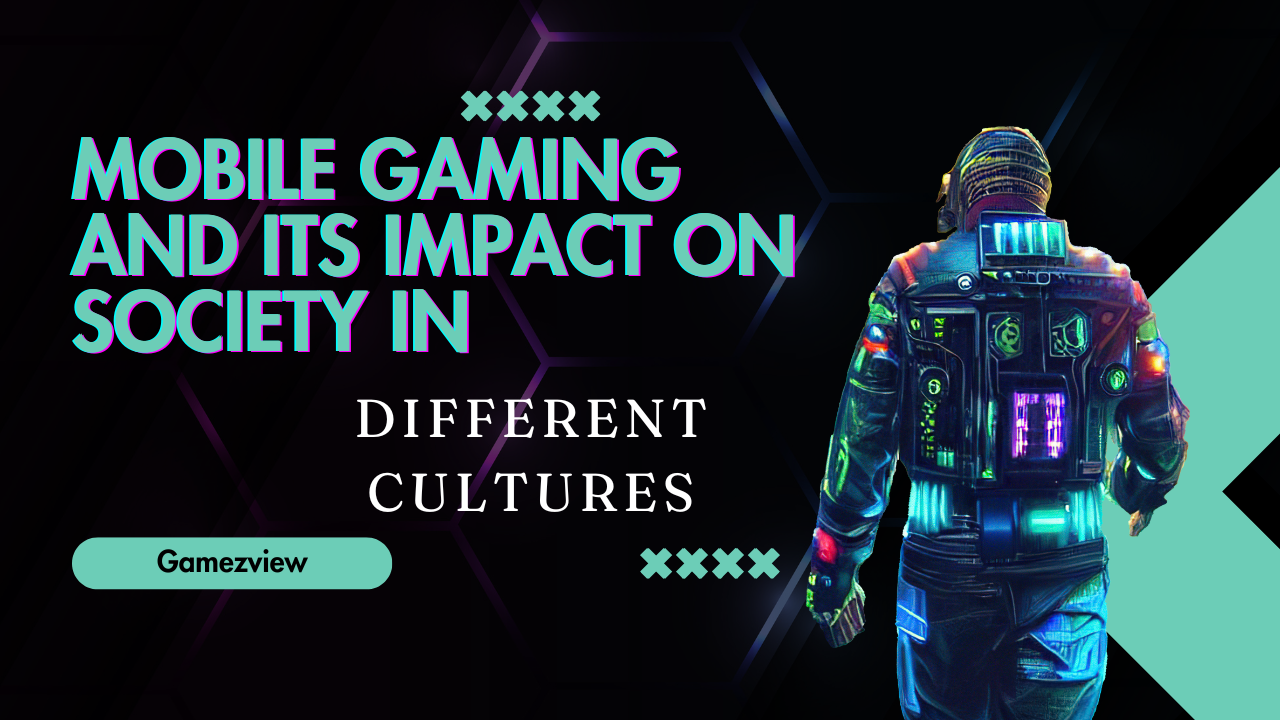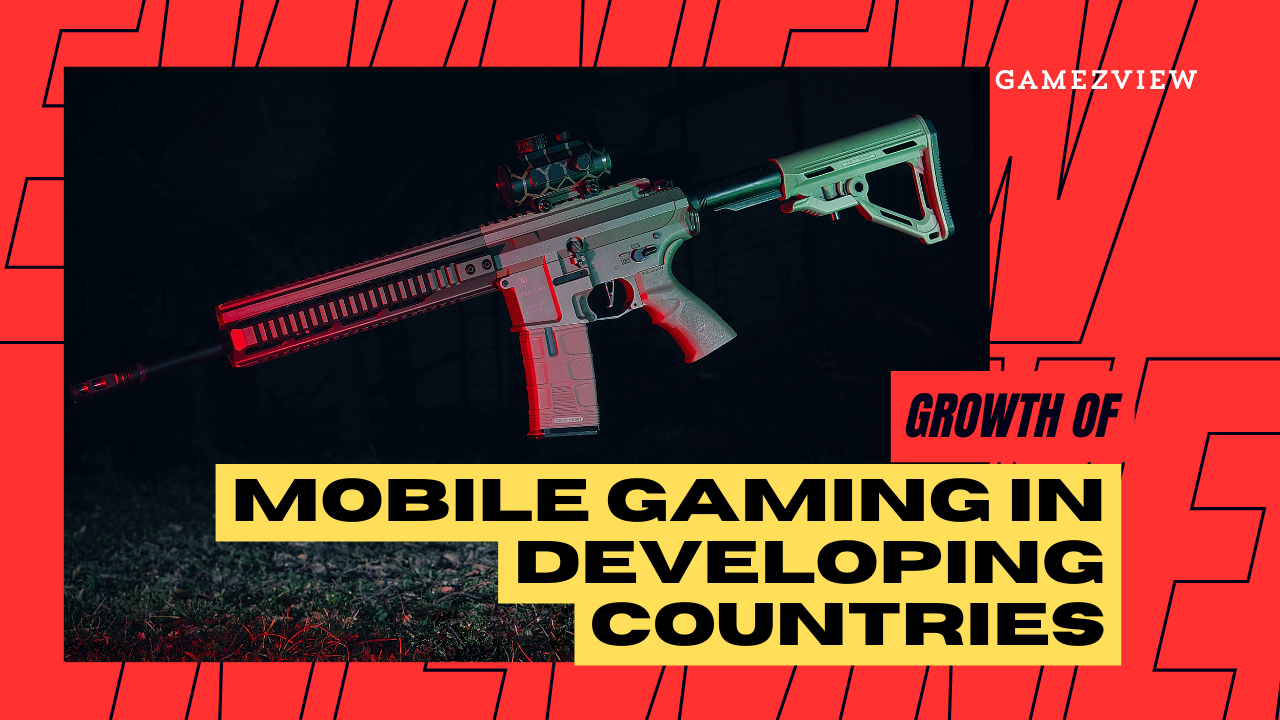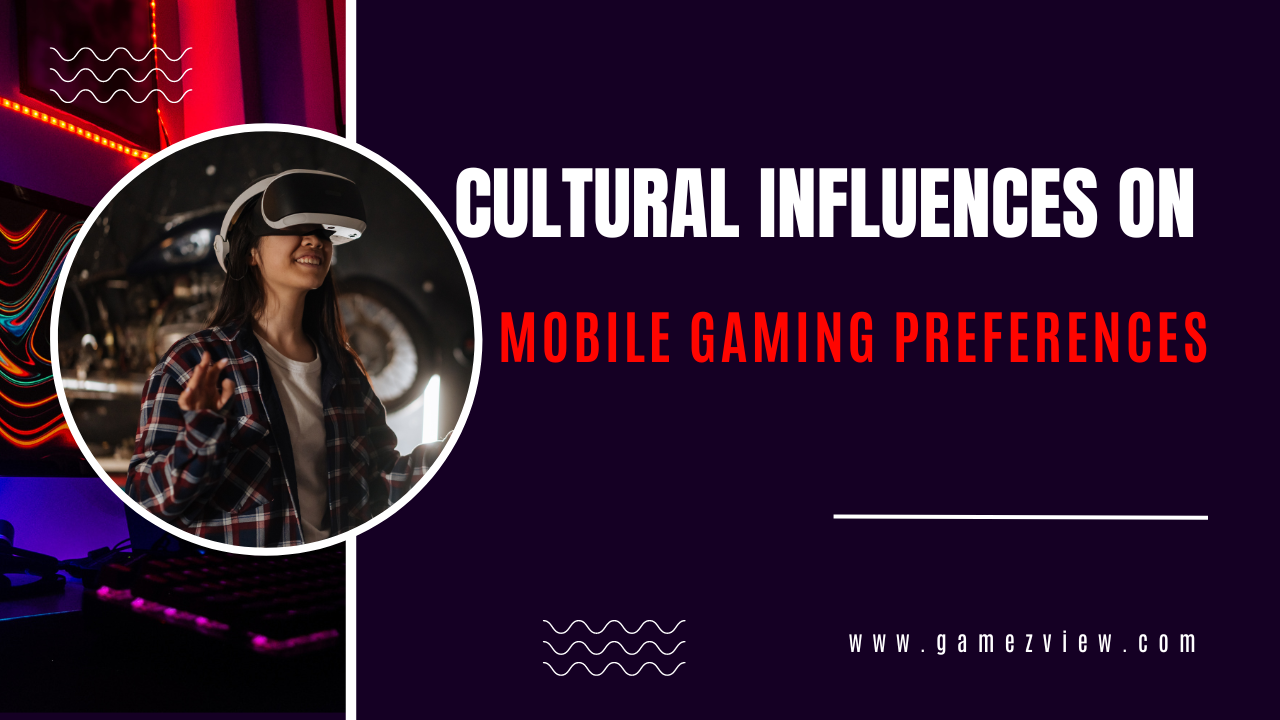The world of video game music is a rich and diverse landscape, filled with iconic melodies, epic themes, and immersive soundscapes that enhance the gaming experience and captivate players around the world. At the heart of this sonic tapestry are the talented composers who bring these virtual worlds to life through their music. In this article, we’ll explore the role of video game composers, and the art of video game composition, and gain insights from interviews with some of the industry’s most renowned composers.
Introduction
Video game music plays a crucial role in shaping the player’s experience, setting the mood, and enhancing immersion in the game world. From stirring orchestral scores to catchy chiptune melodies, video game music has the power to evoke emotions, create atmosphere, and leave a lasting impression on players long after they’ve put down the controller. At the centre of this creative process are the composers who craft the music that brings these virtual worlds to life.
Evolution of Video Game Music
Video game music has come a long way since the early days of simple bleeps and bloops. From its humble beginnings in arcade games and early home consoles, video game music has evolved into a sophisticated art form, capable of rivaling the scores of Hollywood blockbusters. Technological advances in audio hardware and software have expanded the possibilities for composers, allowing them to create rich, immersive soundtracks that enhance the gaming experience in profound ways.
The Art of Video Game Composition
Crafting music for video games is a unique and challenging endeavour that requires a delicate balance of creativity, technical skill, and understanding of the medium. Video game composers must not only create music that enhances the atmosphere and narrative of the game but also adapts to the player’s actions and interactions in real time. From epic orchestral scores to ambient soundscapes, video game music must be versatile enough to complement a wide range of gameplay experiences while still maintaining coherence and thematic consistency.
Interviews with Video Game Composers
To gain insight into the world of video game composition, we sat down with three talented composers to discuss their experiences, creative processes, and thoughts on the role of music in gaming.
Interview 1: Composer A – Experience and Insights
Composer A has been composing music for video games for over a decade, with credits on several critically acclaimed titles. In our interview, Composer A shares their thoughts on the evolution of video game music, the challenges of composing for interactive media, and their approach to crafting memorable and immersive soundtracks.
Interview 2: Composer B – Creative Process and Inspirations
Composer B is known for their innovative approach to video game music, blending electronic and orchestral elements to create dynamic and atmospheric soundscapes. In our interview, Composer B discusses their creative process, sources of inspiration, and the importance of experimentation and collaboration in the compositional process.
Interview 3: Composer C – Challenges and Rewards
Composer C is a veteran composer with decades of experience in the industry, having worked on some of the most beloved franchises in gaming. In our interview, Composer C reflects on the challenges and rewards of composing for video games, the evolving role of music in gaming, and the importance of staying adaptable and open-minded in an ever-changing industry.
Notable Video Game Composers
Throughout the history of video games, there have been many composers who have left an indelible mark on the medium with their iconic melodies and innovative soundtracks. From the legendary Nobuo Uematsu, composer of the Final Fantasy series, to the prolific Jesper Kyd, composer of the Assassin’s Creed series, these composers have helped shape the sonic identity of some of gaming’s most beloved franchises.
Impact of Video Game Music
Video game music has a profound impact on the player’s experience, enhancing immersion, heightening emotions, and elevating gameplay to new heights. From the triumphant fanfare that accompanies a heroic victory to the haunting melodies that evoke a sense of mystery and wonder, video game music has the power to transport players to other worlds and make their gaming experiences truly unforgettable.
Emotional Engagement and Immersion
One of the key functions of video game music is to evoke emotions and enhance immersion in the game world. Whether it’s the adrenaline-pumping battle themes that accompany epic boss fights or the melancholy piano melodies that underscore poignant story moments, video game music can create emotional connections with players and deepen their engagement with the game’s narrative and characters.
Enhancing Gameplay Experience
In addition to creating atmosphere and evoking emotions, video game music also plays a practical role in enhancing the gameplay experience. Dynamic music systems can adapt to the player’s actions and interactions in real time, providing feedback and reinforcement that enhances the player’s understanding of the game mechanics and aids in navigation and exploration. From subtle cues that indicate the presence of hidden secrets to dramatic shifts in music that signal impending danger, video game music can provide valuable information and feedback to players that enhances their overall gameplay experience.
Future Trends and Innovations
As technology continues to advance and the medium of video games continues to evolve, so too will the role of music in gaming. Some emerging trends and innovations in video game music include:
Integration of Adaptive Music Systems
Adaptive music systems allow composers to create dynamic, interactive soundtracks that respond to the player’s actions and choices in real time. By using algorithms and scripting languages, composers can create music that seamlessly transitions between different states and intensities based on the player’s gameplay experience, creating a more immersive and responsive audio experience.
Collaboration with Orchestras and Live Performances
Many video game composers are collaborating with orchestras and live performers to bring their music to life in concert settings. From symphonic performances of classic video game themes to live recordings of original soundtracks, these performances offer fans the opportunity to experience their favourite video game music in a new and immersive way, while also showcasing the artistic merit and cultural significance of video game music to a wider audience.
Video game music is a vital and dynamic component of the gaming experience, enriching the player’s journey, and creating lasting memories that resonate long after the game has ended. Through interviews with talented composers and reflections on the role of music in gaming, we’ve gained insight into the artistry, innovation, and impact of video game music, and celebrated the talented composers who bring these virtual worlds to life with their music.





